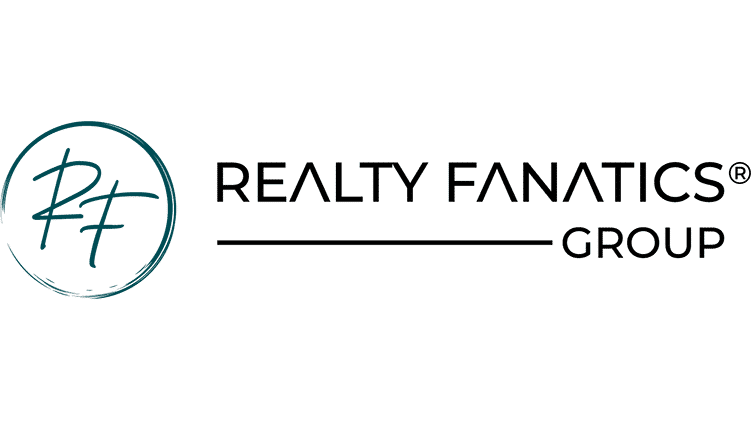- Peace of Mind
A home inspection can uncover hidden problems with the property, such as structural issues, electrical problems, or plumbing leaks, that may not be visible during a typical viewing. Having the inspection results can give you confidence that the home is in good condition (or give you a heads-up if it’s not).
- Negotiate with the Seller
If the inspection reveals issues, you may be able to use that information to negotiate a lower price or ask the seller to make repairs before finalizing the deal.
- Avoid Unexpected Expenses
Home repairs can be costly, and some issues—like roof damage or foundation problems—are expensive to fix. A home inspection can alert you to potential high-cost issues before you commit to buying.
- Insurance and Lender Requirements
Some lenders might require a home inspection, particularly for older properties or if they have any concerns about the condition of the home. Similarly, while not typically required for homeowner’s insurance, an inspection can help you ensure you’re adequately covered.
- Protect Your Investment
Buying a home is a big financial commitment, so making sure the property is in good shape is essential. An inspection can protect your investment by giving you a thorough understanding of the home’s condition.






